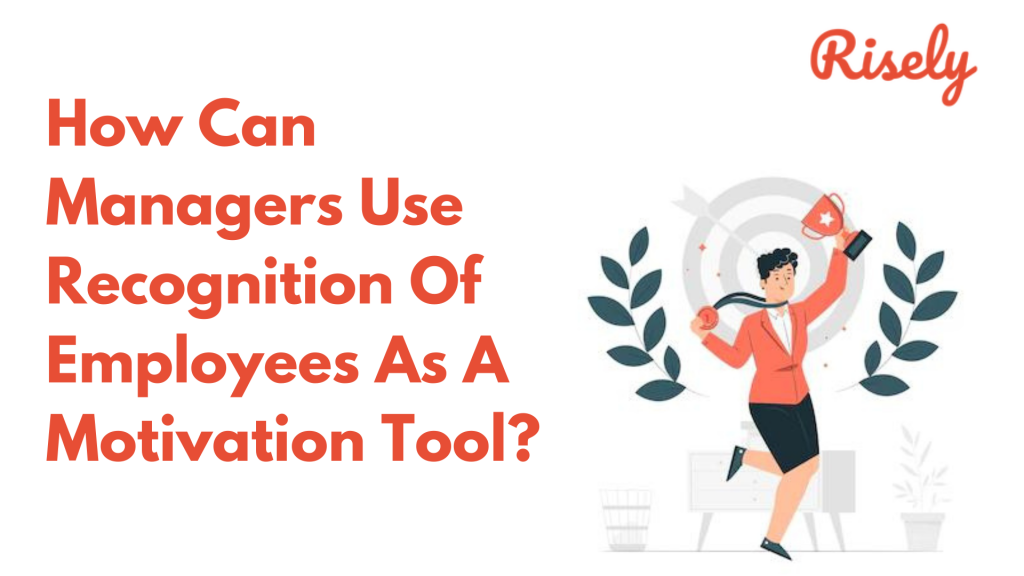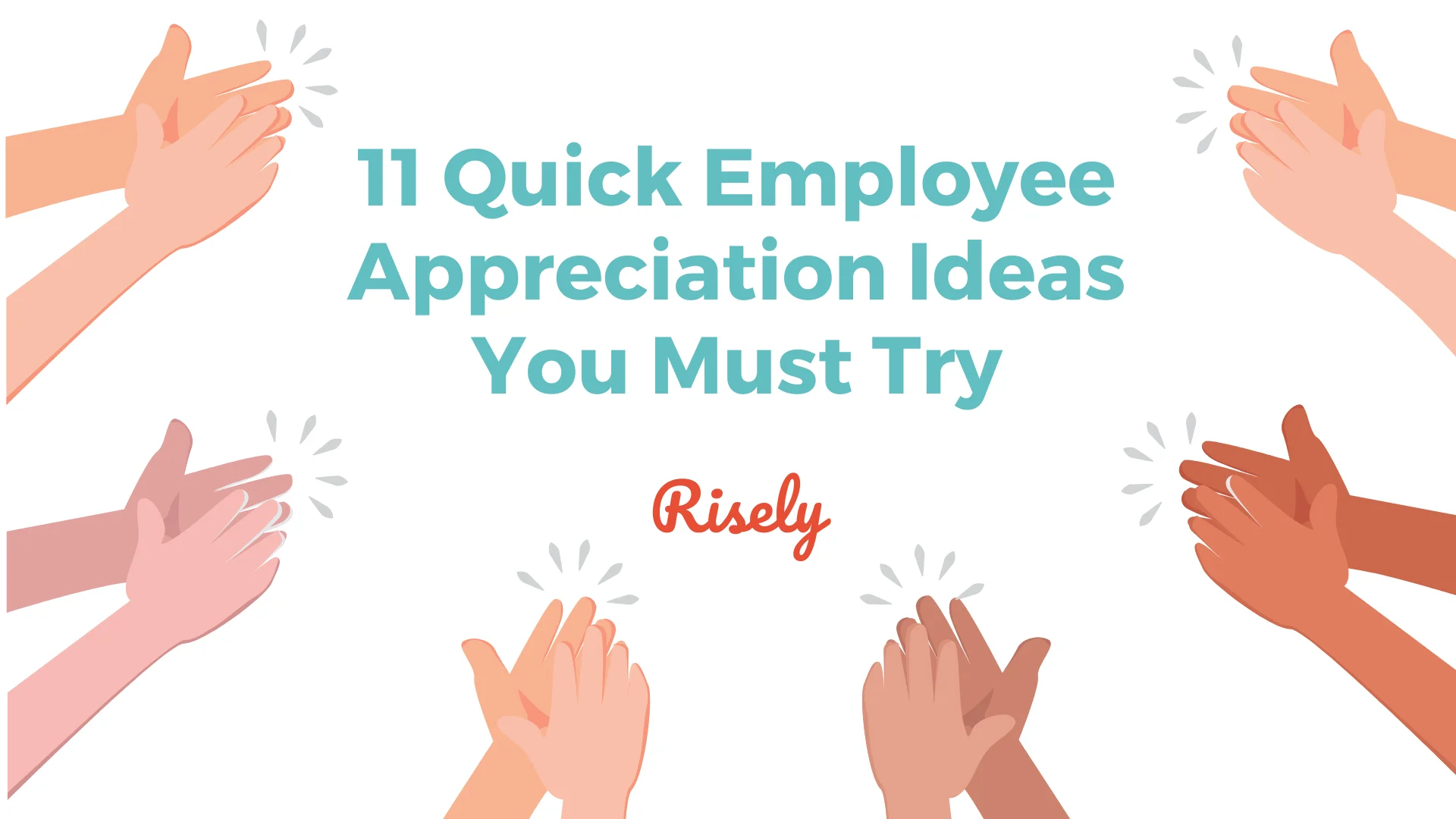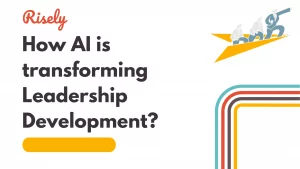How can managers use recognition of employees as an effective motivation tool?
Every manager is looking for effective ways to motivate employees. Motivation is the key to success, and recognition of employees is one of the most potent forms of motivation. However, recognition can be a challenge for managers. This blog discusses how managers can use employee recognition to motivate them to improve productivity. It covers the various aspects of recognition, including its effects, how to motivate employees through recognition, and the best ways to reward employees for their hard work. In the end, this blog provides a handy guide for managers on how to use recognition of employees in the best way possible to boost morale and achieve team goals.What is Employee Recognition?
First, before beginning to use employee recognition as a tool for motivation, it is crucial to understand what it stands for. Employee recognition refers to acknowledging and rewarding employees for their efforts and contributions towards achieving company goals. It shows them that their actions are valued. You can also gather from your own experience that recognition of employees provides a sense of security and pushes us to do more for the organization. Similarly, recognition to employees offers reassurance and inspiration to employees. Therefore, a manager can use it to motivate employees to become committed to the organization and its goals with a personal attachment. You can read more about employee recognition here.Other Interesting Reads
Recognition of Employees and its Effects
Managers use recognition to motivate their employees. Recognition of employees can have several different effects, ranging from improved performance to increased engagement. Too often, employee recognition is given out indiscriminately or in a way that is not well-tailored to the employee’s needs. To get the most out of recognition, managers should be selective in their choice of rewards, as too much praise can become overwhelming or cheesy. By using employee recognition wisely, managers can boost employee morale and improve productivity. Managers can use the recognition of employees as a motivational tool. Recognition has different ways, depending on the employee’s role and how they are performing. There are three essential factors that managers should consider when giving out recognition to employees:- The motive for the award: Awards need a clear motivation behind them. If the reward is purely for show or simply because the manager feels like it, it will not produce results. Awards with a specific purpose – such as getting an employee closer to fulfilling their goals – will be more motivating.
- The frequency of the award: The timing of awards is essential too. For example, an employee receiving an award daily will become less meaningful over time and may even harm their performance. Awards that are given sparingly but with great anticipation will be more motivating to employees.
- The type of recognition: Different types of rewards work better for different people and positions in the company. Managers should experiment with different forms of recognition for employees. Some employees appreciate financial bonuses, while others prefer awards that have a humanitarian or personal meaning (such as flowers).
How to Motivate Employees through Recognition?
Unleash your team’s inner hero with the power of recognition! Motivation is the fuel that propels your team to greatness, and recognition is the turbocharger that ignites their passion. But here’s the thing: a random pat on the back can be as confusing as a participation trophy. Recognition needs to be clear, consistent, and tailored to your team to motivate truly. Here’s your action plan:- Transparency is Key: Don’t leave your team guessing what it takes to be recognized. Clearly outline the criteria for recognition, whether it’s exceeding sales targets, going the extra mile for a client, or embodying your company values. Make it a collaborative effort – get your team’s input on what kind of recognition motivates them most.
- Variety is the Spice of Recognition: One size doesn’t fit all! Some might crave a public shout-out at a company meeting, while others prefer a handwritten note or a gift card. Offer a mix of recognition options – public praise to personalized rewards – to cater to different personalities and preferences.
- Timeliness Matters: Don’t let a stellar achievement become a distant memory. Recognize accomplishments when they’re fresh, maximizing their motivational impact. A quick “thank you” during a team meeting or a same-day email acknowledging a win can go a long way.
Types of Recognition
No one knows work better than the employees themselves, which is why recognition of employees is such an important tool in the manager’s toolkit. Recognition is essential to motivating employees, and many types of recognition can work well for different teams. By using recognition methods tailored to the team, managers can help their team stay motivated and on track. Some common recognition methods include awards, bonuses, privileges, and praise. It’s crucial to find one that works best for the team and the employee and to use it wisely to help the team achieve its goals.Verbal Praise
Verbal praise is about saying “good job” and providing specific feedback that highlights the impact of the employee’s actions. Managers can acknowledge behaviors aligned with company values, exceptional problem-solving skills, or efforts contributing to team cohesion. Offering praise promptly, with sincerity and enthusiasm, enhances its effectiveness and reinforces desired behaviors.- During a one-on-one meeting, tell David, “I was so impressed with how you handled that difficult client call yesterday. Your patience and professionalism were outstanding!”
Written Commendations
Written commendations offer a lasting record of appreciation that employees can revisit whenever they need encouragement. Managers can personalize these messages by mentioning specific examples of the employee’s contributions and the positive outcomes they’ve achieved. Handwritten notes add a personal touch, while emails allow quick and convenient communication. Sharing commendations publicly within the organization amplifies their impact and reinforces a culture of recognition.- Send a handwritten note to Lisa thanking her for taking the initiative to stay late and help train a new team member.
Awards and Certificates
Awards and certificates formalize employees’ accomplishments and milestones. Managers can design awards to reflect company values or specific criteria, making them meaningful symbols of achievement. Recognizing employees at special events or ceremonies celebrates their success and inspires others to strive for excellence. Additionally, incorporating peer nominations or voting processes can foster a sense of camaraderie and inclusivity.- Present a “Customer Service Star” award to Ben during the quarterly sales meeting in recognition of his consistently high customer satisfaction ratings.
Monetary Rewards
Monetary rewards recognize employees’ contributions in a tangible and often highly valued way. Bonuses tied to performance metrics or achievement of goals reinforce the link between effort and reward. Managers can also use spot bonuses or discretionary rewards to acknowledge exceptional efforts that exceed expectations. Transparent communication about the criteria for receiving monetary rewards helps employees understand how their performance directly impacts their compensation.- Grant a bonus to the marketing team for exceeding their campaign goals by 20%.
Public Acknowledgment
Public acknowledgment amplifies the impact of recognition by sharing employees’ achievements with a wider audience. Managers can use various platforms, such as team meetings, company-wide emails, or social media channels, to highlight success stories and express gratitude publicly. Inviting colleagues to celebrate accomplishments fosters community and reinforces positive organizational behaviors.- Feature Olivia’s accomplishment of finalizing a complex project ahead of schedule in the company newsletter, highlighting her exceptional time management skills.
Promotions or Advancement Opportunities
Promotions and advancement opportunities recognize employees’ potential for growth and development. Managers can identify high performers and offer them opportunities to take on new responsibilities, lead projects, or advance within the organization. Clear pathways for career progression and transparent communication about promotion criteria empower employees to pursue their professional goals actively.- Promote Daniel to a senior software developer position in recognition of his technical expertise and leadership qualities.
Special Privileges or Perks
Special privileges or perks acknowledge employees’ contributions by offering additional benefits or flexibility. Managers can tailor these perks to individual preferences or team dynamics, such as allowing remote work options, providing access to professional development resources, or offering wellness incentives. Recognizing employees’ work-life balance and well-being demonstrates a commitment to their satisfaction and engagement.- Offer Emily the opportunity to work remotely for a week as a token of appreciation for her willingness to take on additional responsibilities during a busy period.
To Wrap Up
There’s no doubt that employee recognition is one of the best motivators out there. However, managers must use it correctly to achieve the desired outcome. The best way to find a suitable recognition scheme for your team is to consider how much recognition you give to each employee carefully. Too little recognition won’t have an impact, but too much praise may cause resentment among the team. Keeping in touch with present changes in work modes, you can read more about employee recognition in a hybrid workplace here. Make sure to give recognition to your staff in a way that they will appreciate and use it as a motivational tool to reach their goals.Use constructive feedback to help your team grow by leaps and bounds!
Download the free constructive feedback toolkit to learn the nuances of feedback through sample statements.
Other Related Blogs
11 Quick Employee Appreciation Ideas You Must Try
11 Quick Employee Appreciation Ideas You Must Try Let’s revisit your first job. In the middle of trying to do your best, where did you find relief? For many of…
Hiring a Sales Team: 7 Best Practices for Hiring Managers
Hiring a Sales Team: 7 Best Practices for Hiring Managers Are you a hiring manager looking to build a dynamic sales team that can take your business to new heights?…
Be a Top Lead Sales Manager: 10 Tips and Examples
Be a Top Lead Sales Manager: 10 Tips and Examples Being a Lead Sales Manager is not an easy task. It requires unique skills, including excellent communication, leadership qualities, and…
Maximize Your Visibility at Work: Top 10 Tips for Success
Maximize Your Visibility at Work: Top 10 Tips for Success Do you feel like your hard work and dedication often go unnoticed at work? Are you looking for ways to…







